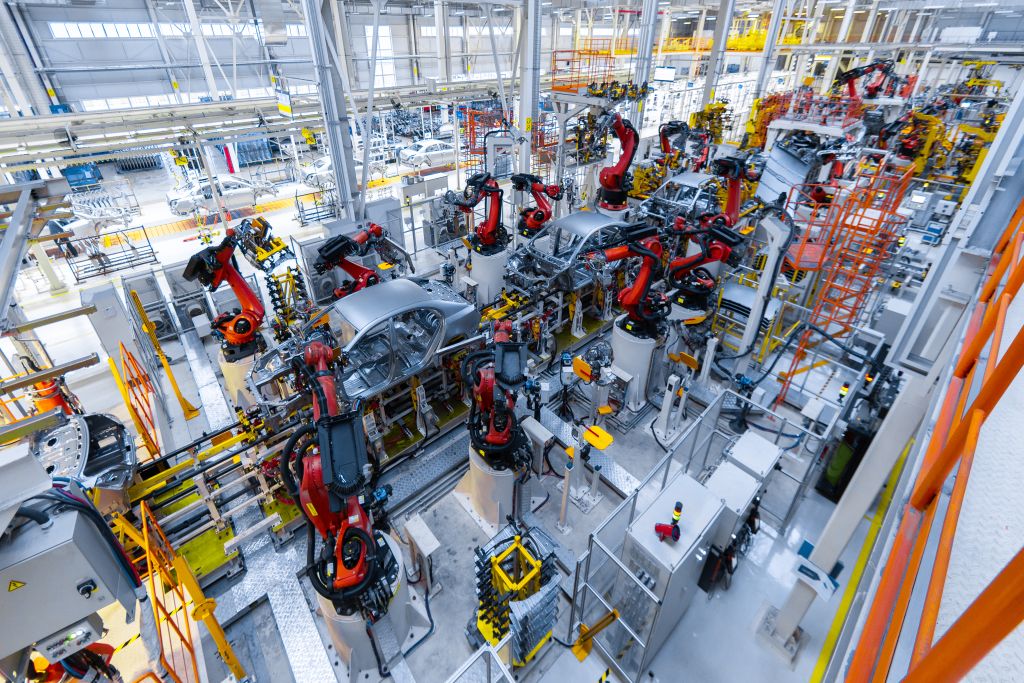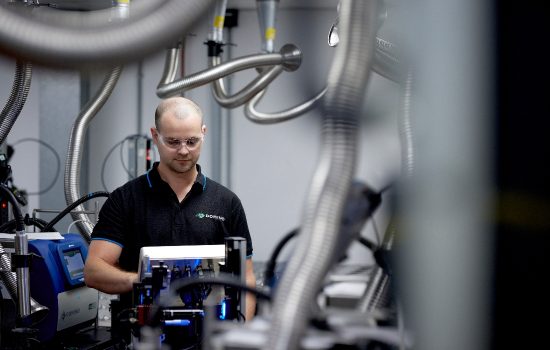This spring will see the launch of Cambridge Industrial Innovation Policy’s (CIIP) fifth UK Innovation Report, an annual publication designed to facilitate policy discussions on innovation and industrial performance – and the interplay between them. The Manufacturer spoke to one of its authors, Dr Carlos López-Gómez, to discuss some of the themes in the 2025…
This content is for subscribers only. Subscribe now for free to read the full article.
Already a subscriber? Login


